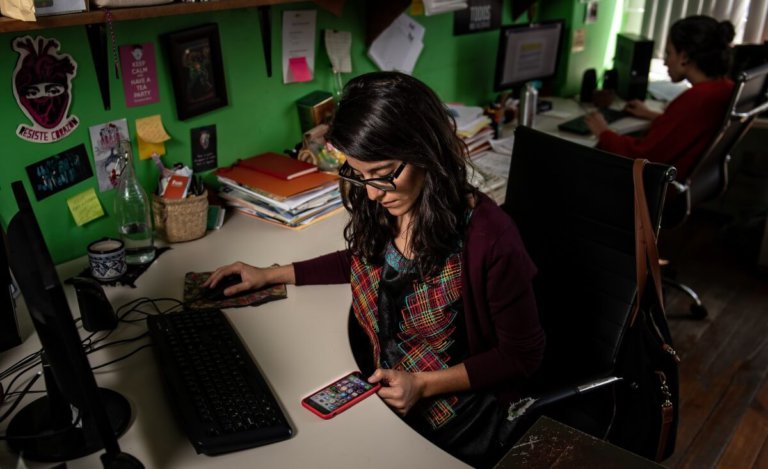
International students in the US who have applied — or are in the process of applying — for the Optional Training Programme (OPT) should be aware of the latest news about this popular post-study temporary work programme.
The OPT is a student visa extension that allows international graduates to work in the US for up to 12 months after completing their studies. STEM majors can apply for an additional 24 month-extension.
Students can either apply for the OPT while studying, known as pre-completion OPT (part-time or full-time), or after graduation which is known as post-completion OPT (full-time).
The Student and Exchange Visitor Program (SEVP) has recently released updated guidance on student visa regulations due to COVID-19.
Here are the latest OPT news international students should know:
You can work less than 20 hours
Before the virus crisis, students on post-completion OPT must be employed for at least 20 hours a week as they’re required to work full-time. According to US News & World Report, the updated guidance from SEVP states that if the economic impact of the outbreak causes a reduction of hours to below 20 hours a week, students won’t be penalised.
Christian Stuart, executive director of the Center for On-Campus International Student Services in the College of Education and International Services at Andrews University in Michigan, told US News & World Report, “Students currently in the US on OPT have some flexibility. Since OPT can either be a paid job or volunteer work or a combination of both, a student who drops below 20 hours per week of work hours might consider adding some volunteer hours.”
You may be able to work remotely

You may be able to work remotely while on OPT this year. Source: Valery Hache/AFP
Before the pandemic struck, students on OPT must be in the US to be eligible for the student visa extension, and cannot return to their home countries and work remotely. They were also unable to return home while looking for jobs and consequently return to the US once they’ve landed one.
Since the pandemic shifted many businesses online, as well as forced many international students to return home, those on OPT will now be allowed to work remotely from their home countries.
Stuart explained that those outside the US can still participate in the OPT, but only if they have already applied and been approved before they left the country in the spring semester, and if their work is for a US-based company or organisation and can be done remotely.
“For example, if a student completed a teaching degree in the spring term and was offered a teaching position through OPT for the summer in a US-based institution, but that teaching position is now for an online class because the institution moved to remote learning, the student can continue with the OPT while outside of the US.”
Liked this? Then you’ll love…
Are international students in the US facing OPT suspension?
F-1 and J-1 student visa restrictions in the US: Who is barred?







